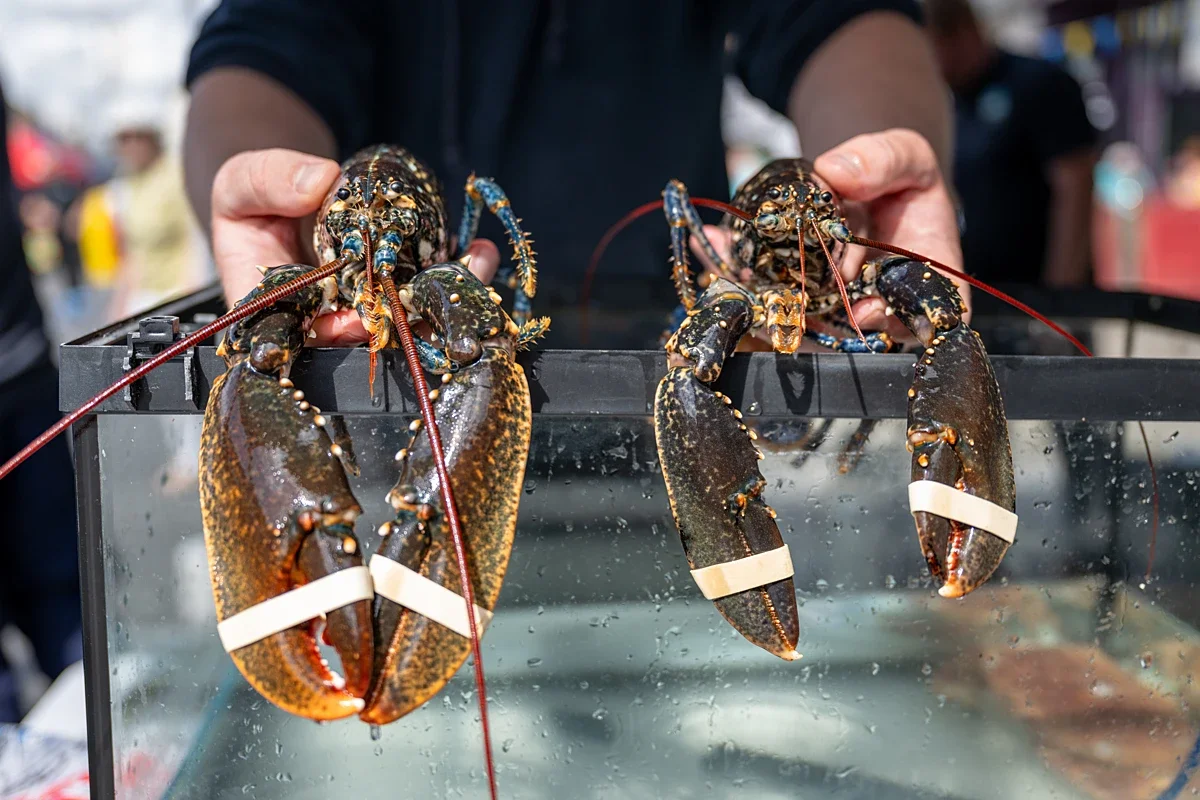Free the World's Loneliest Killer Whale, Urge Miami Campaigners
Lolita, the main ‘attraction’ at Miami Seaquarium for the last 50 years, lives in a tiny concrete tank, displays neurotic behaviors, and hasn’t seen another orca since 1980.
Animal rights campaigners are hoping that the world's loneliest killer whale, living in the world's smallest orca tank, will finally be set free.
In 1970, Lolita and her family pod of Southern Resident killer whales, were violently ambushed and separated from their mother in Puget Sound, Washington, during which five died, and seven were captured, and sold to marine parks.
Lolita has been imprisoned at Miami Seaquarium ever since, and is the last surviving member of the kidnapped orcas.
She has spent the past fifty years confined to a shallow, 80-by-35-foot concrete tank, where she is forced to perform, sometimes two to three times a day.
Animal rights campaigners have accused the Seaquarium of a catalogue of failures in its treatment of Lolita, and are now appealing to Katherine Fernandez Rundle, Miami-Dade State Attorney, to investigate.
In the letter addressed to the State Attorney, PETA writes: "Because orcas are highly social and complex animals with vast home ranges - swimming up to 140 miles a day and maintaining lifelong relationships - they're particularly vulnerable to suffering in captivity. Lolita can't engage in any behavior that is natural to an orca, like diving, swimming any meaningful distance, feeling ocean currents, and forming social relationships with members of her own species".
PETA argues that Lolita has been deprived of genuine mental stimulation, and has not enjoyed any companionship with orcas since 1980, when her tankmate Hugo died after repeatedly bashing his head against a wall. Instead, she often shares the tank with wholly incompatible dolphins, who in one year alone attacked her on at least 52 occasions.
PETA also claims that the tank is too small, and violates the Animal Welfare Act, as the length of Lolita's tank is 13 feet smaller than the recommended 48 feet.
In a recent development, PETA and others successfully filed a lawsuit against the Seaquarium, with the judge ordering for records relating to Lolita to be made public.
These newly-released documents reveal that Lolita has been given narcotics, steroids, antibiotics, and antifungals during her time in captivity, and that she displays abnormal, obsessive behaviors.
Lolita also suffers from a painful eye condition, and sometimes has one or both eyes closed during performances. This condition is not helped by her constant exposure to sunlight, which could also account for why Lolita's skin is wrinkled and cracked, with a former trainer admitting that her skin often bleeds.
Lolita's plight was highlighted back in 2003 thanks to the hard-hitting documentary Blackfish, while in 2015 thousands of people protested outside the Seaquarium demanding her release.
Protestors returned earlier this month, to mark the 50th anniversary of Lolita's imprisonment.
In 1976, Washington State outlawed the capturing and trading of orcas in its waters, but tragically this came just too late for Lolita. And although Southern Resident killer whales were added to the Endangered Species List in 2005, this did not apply to those in captivity.
You can take action to help free Lolita here.
More stories:
Species Unite
A collection of stories of those who fight the good fight on behalf of animals.




First published in 2015, How Not to Die has become one of the most influential books on plant-based nutrition. Now, its central arguments have been adapted into a documentary film examining the links between diet and long-term health outcomes.